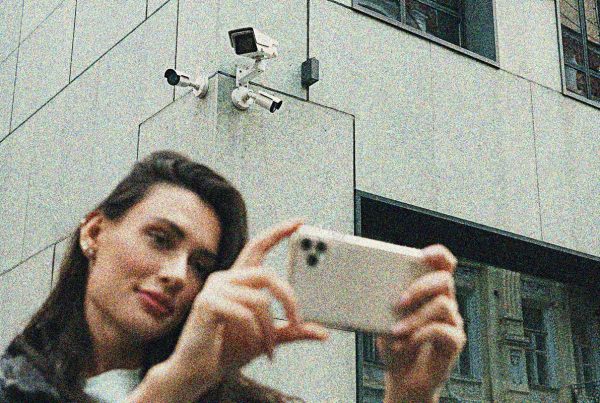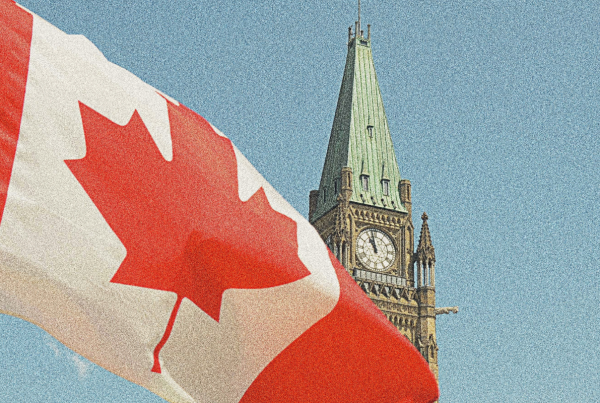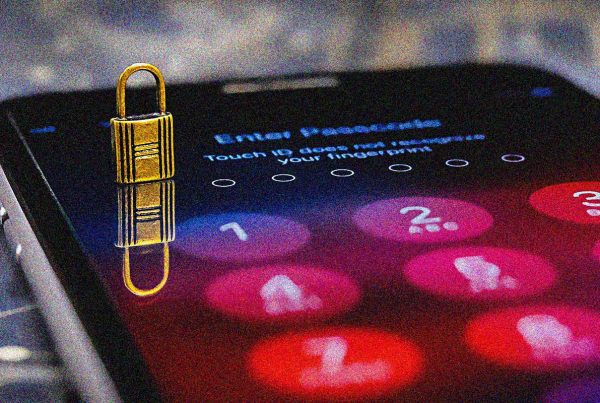Privacy rights protected under s. 8 of the Charter require that the State assess whether a reasonable expectation of privacy exists before it proceeds with the investigative steps it is considering – not after. This means that the fruits of a search cannot be used to justify an unreasonable privacy violation. This argument was central to the CCLA’s intervention before the Supreme Court of Canada (SCC) in York Region District School Board v. Elementary Teachers’ Federation of Ontario.
Earlier today, the SCC confirmed that Ontario public school board teachers are protected by s. 8 of the Charter in the workplace. The majority decision also held that the evaluation of whether a reasonable expectation of privacy existed at the time of the search should be content neutral. The minority decision expanded on that finding, explaining that the assessment of the teachers’ reasonable expectation of privacy did not depend on what was actually found. What mattered was the potential for the search to reveal information touching on the teachers’ biographical core. That is in line with the submissions made by the CCLA as intervener in this case. Were it otherwise, government actors such as school boards would be encouraged to read a log or a conversation before asking themselves what they have to do to comply with their employees’ privacy rights.
The minority decision also echoed the CCLA’s submissions on the need to take a broad and flexible approach to what constitutes a private communication to keep up with technological developments and new forms of communication. The minority decision held that the information contained on Internet-connected devices normatively tends to reveal one’s specific interests, likes, and propensities, and as such is at the very heart of the biographical core protected by s. 8. The majority did not address that issue directly.
This appeal follows an Ontario Court of Appeal decision which held that a principal at the York Region District School Board (Board) performed an unlawful search and seizure of a teacher’s laptop when they accessed, read and captured screenshots from the private communications of two teachers. The screenshots of these communications recorded on their personal, password-protected log stored in the Cloud, were used in disciplinary proceedings against the two teachers. The Union filed a grievance for violation of the teachers’ right to privacy by the Board. The arbitrator dismissed the grievance, and the majority of the Divisional Court upheld this decision and dismissed the application for judicial review.
The CCLA welcomes the reinforcement by the SCC of well-established s. 8 principles. Because these principles are fundamental to the way we think about privacy under s. 8, their impacts will be felt beyond the school board context and more broadly in any case that engages privacy rights under s. 8 of the Charter.
CCLA is grateful for the excellent pro bono assistance of Gerald Chan and Olivia Eng of Stockwoods LLP in this matter.
About the Canadian Civil Liberties Association
The CCLA is an independent, non-profit organization with supporters from across the country. Founded in 1964, the CCLA is a national human rights organization committed to defending the rights, dignity, safety, and freedoms of all people in Canada.
For the Media
For further comments, please contact us at media@ccla.org.





